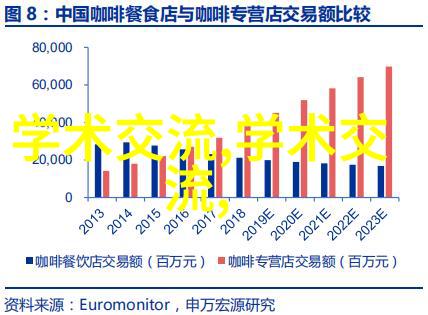蓝天难觅:揭露工业废气对生态系统的深远影响
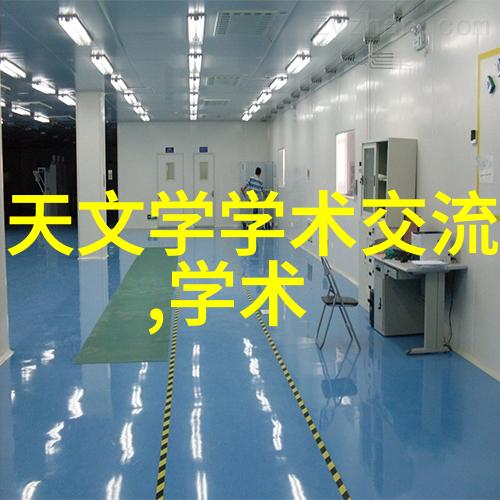
随着工业化的迅猛发展,工业废气问题日益凸显。这些废气不仅污染了空气,还严重损害了生态系统和人类健康。本文将详细探讨工业废气的危害,并通过真实案例加以说明。
首先,工业废气主要由燃烧、化学加工等过程产生,包括有害物质如二氧化硫(SO2)、氮氧化物(NOx)、颗粒物(PM)和挥发性有机组合物(VOCs)。这些污染物可以在大气中形成烟雾、霾等现象,对呼吸道造成长期伤害。
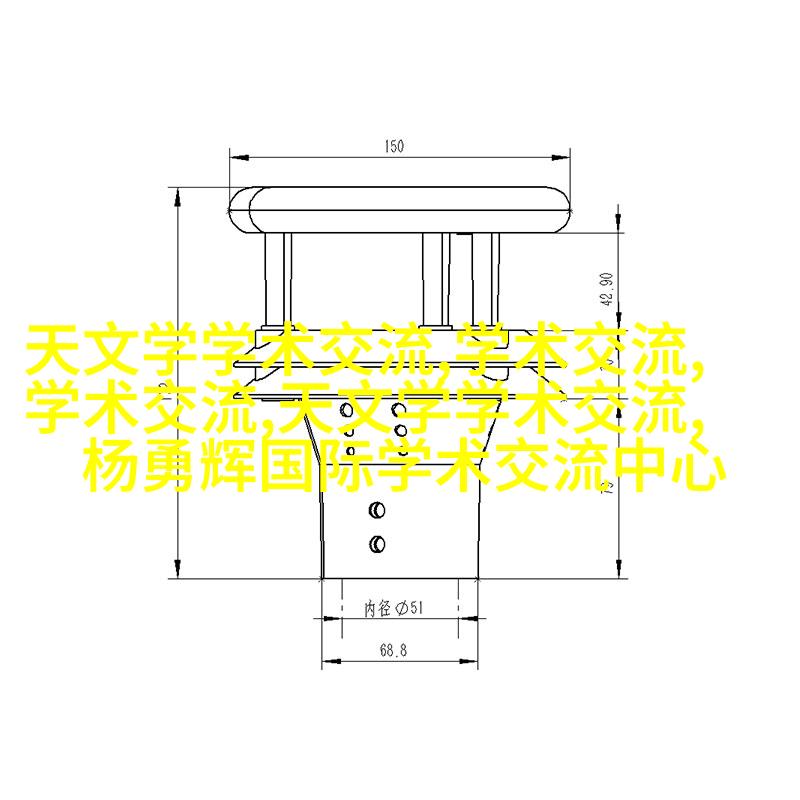
其次,工业废气会降低空气质量,使得光照不足,对植物生长造成负面影响。例如,在中国某些地区,由于煤炭燃烧导致的大量粉尘排放,一些农作物甚至因缺乏足够阳光而减产或死亡。
再者,Industrial waste gas can also lead to acid rain, which has devastating effects on aquatic ecosystems. For example, in the 1980s and 1990s, severe acid rain caused by industrial emissions damaged many lakes and rivers in Eastern Europe and North America.
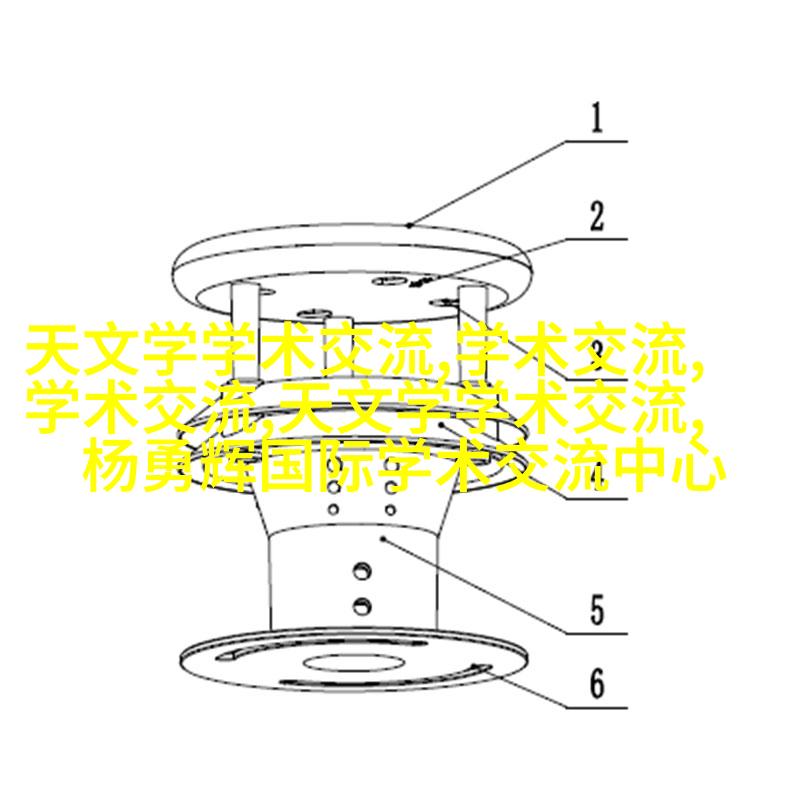
Furthermore, industrial waste gas can have a profound impact on human health. Long-term exposure to high levels of pollutants such as particulate matter (PM), nitrogen dioxide (NO2), and sulfur dioxide (SO2) can increase the risk of respiratory diseases like bronchitis and asthma. In addition, some VOCs are known carcinogens.
In recent years, China has been working hard to address this issue through strict regulations and technological upgrades. For instance, the country's "Air Pollution Prevention Law" stipulates that industries must install pollution control devices before discharging wastewater or exhaust gases into the environment.
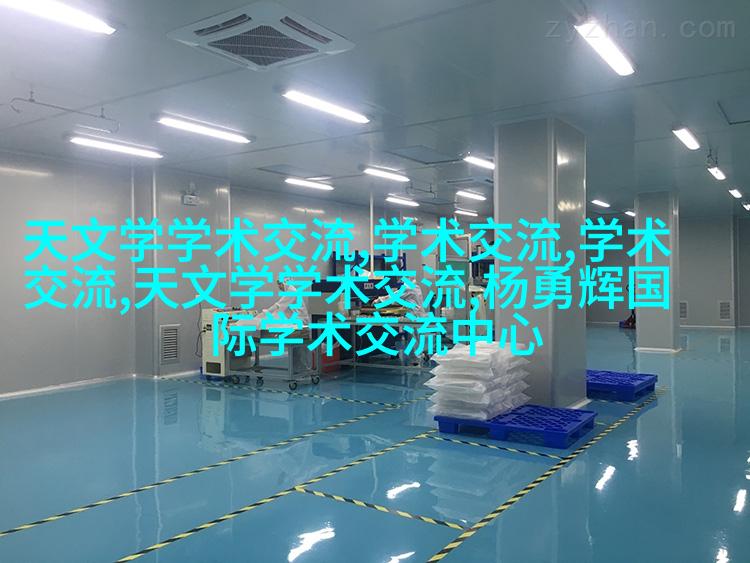
Despite these efforts, much remains to be done. To mitigate the harm caused by industrial waste gas effectively requires not only technological advancements but also a shift in our economic model towards more sustainable practices that prioritize environmental protection alongside growth.
Ultimately, it is crucial for governments around the world to take concrete actions against industrial waste gas pollution. By doing so we can preserve our blue skies for future generations while ensuring healthy environments for all living beings on Earth.


